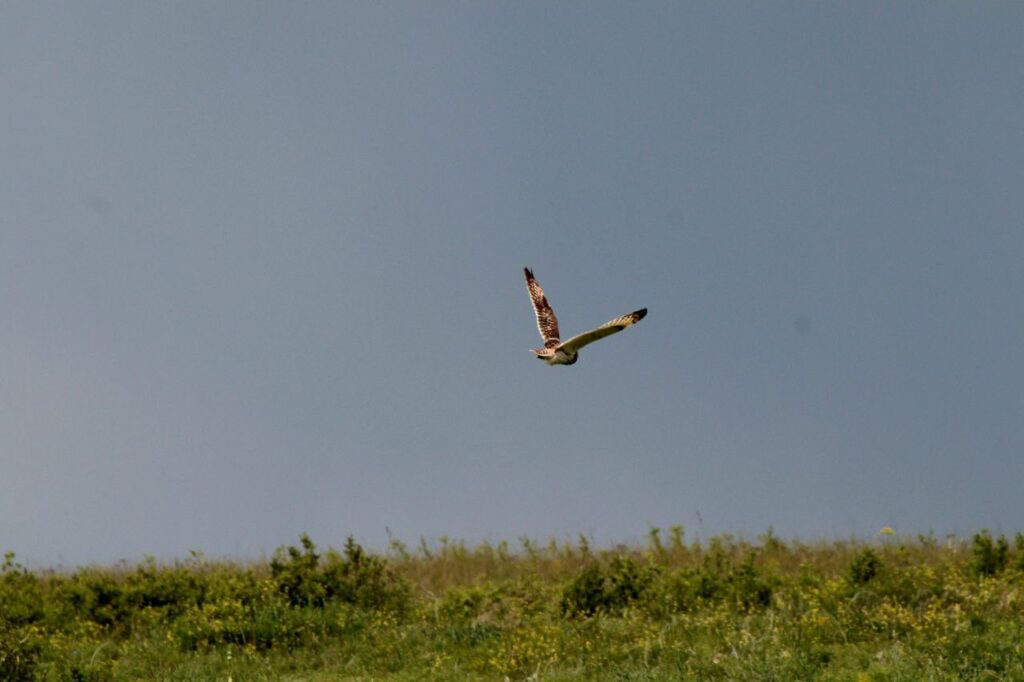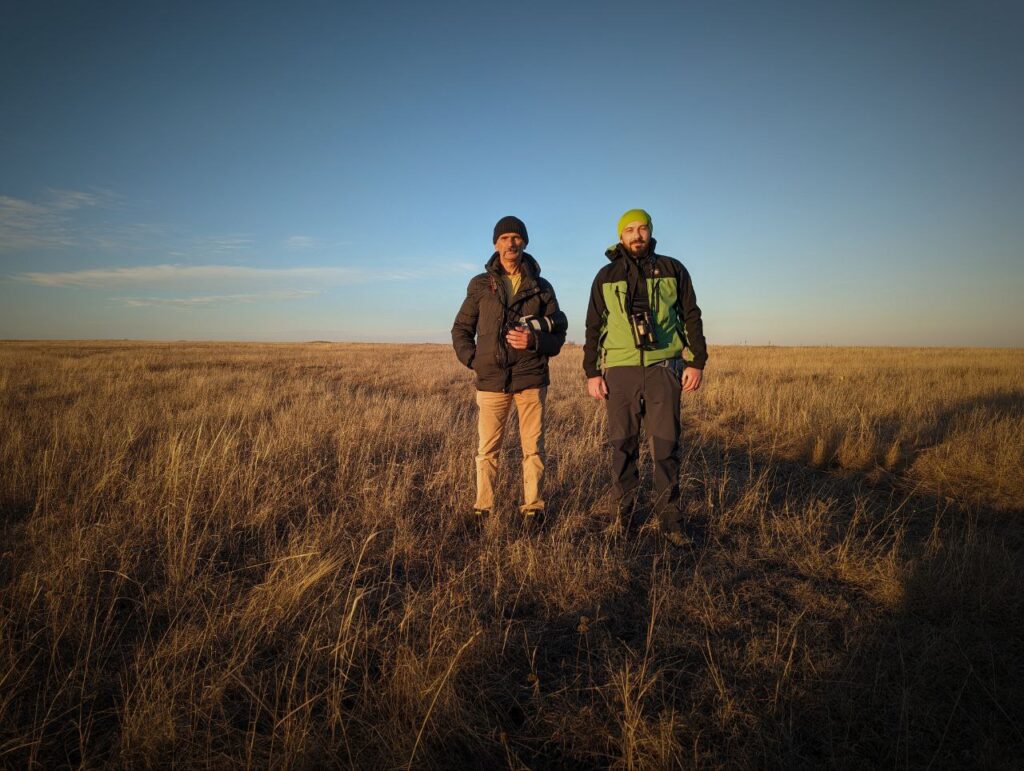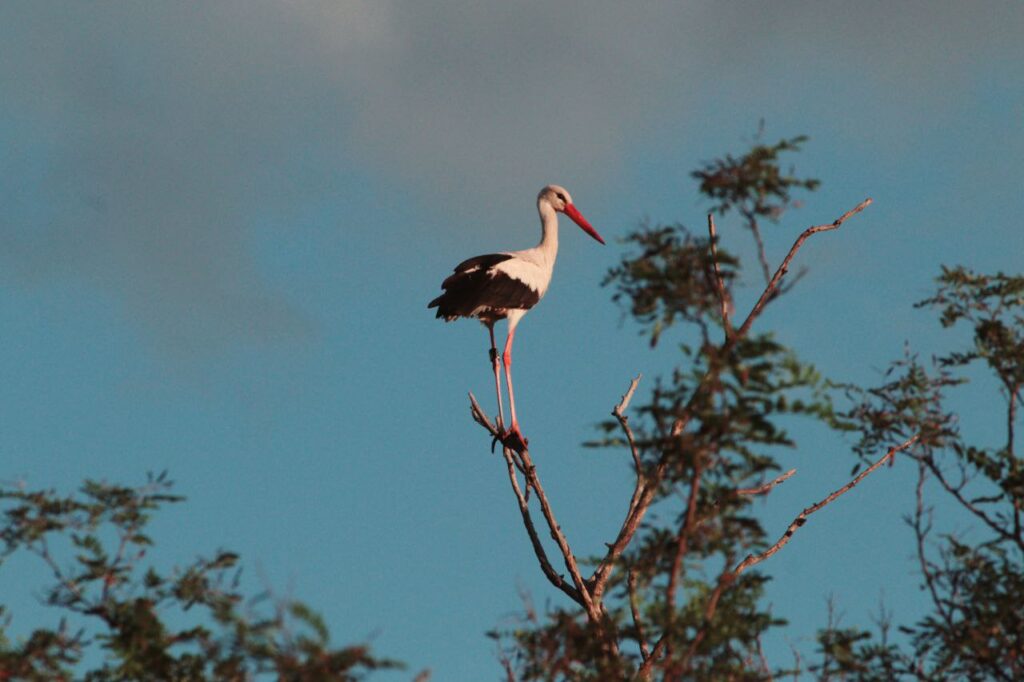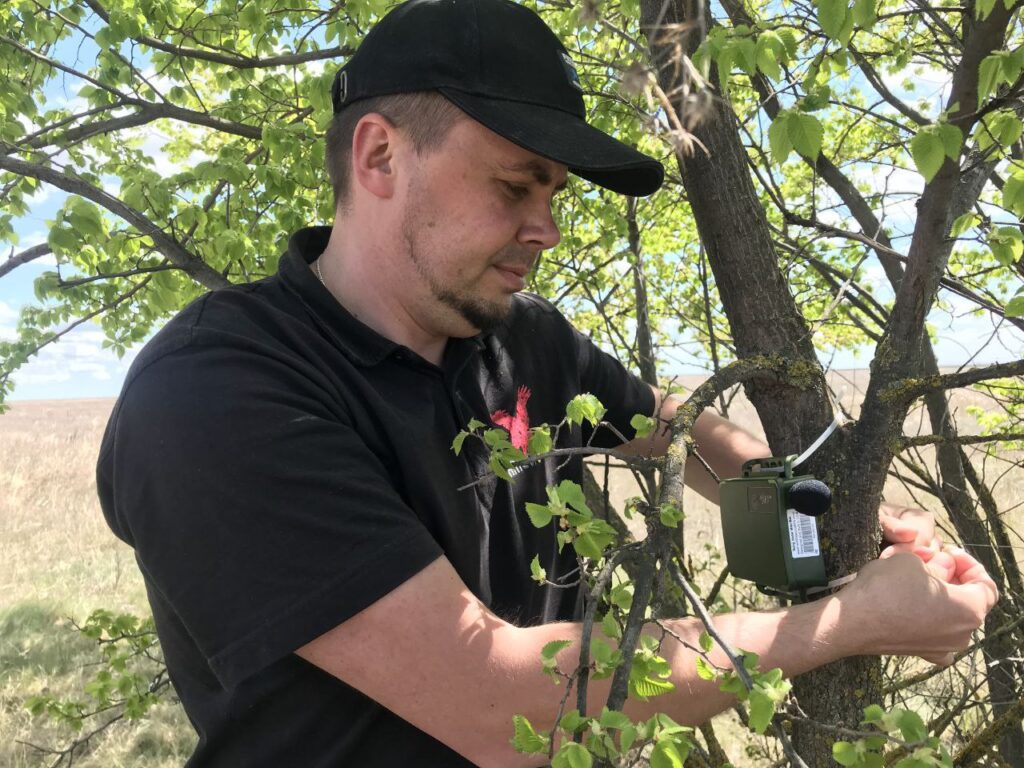For the third consecutive year, experts from Rewilding Ukraine have been monitoring bird populations in the Tarutino Steppe nature and ethnographic park, which is a part of the extended Danube Delta rewilding landscape.

This ongoing effort allows them to assess the restoration of areas damaged by plowing in 2016, with particular emphasis on the bird breeding season. The research generates up-to-date bird species lists for the Tarutino Steppe, helps determine the status and population sizes of specific species, and enables early detection of ecological changes. Understanding these changes and their causes is a vital part of this monitoring work.
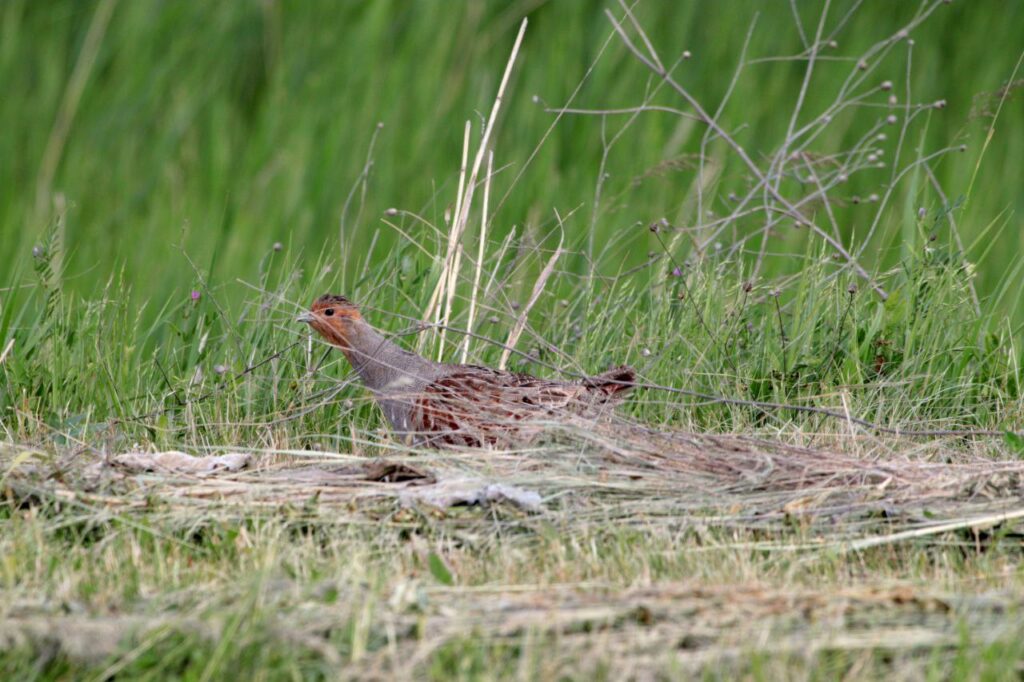
Ornithologists conduct the research using a route-based survey method, with consistent routes surveyed at different times throughout the year. These routes encompass all ecosystems within the reserve, including steppe areas, damaged sections, ravines, and small river valleys. By comparing results over time, researchers can assess restoration progress and gain insights into ecosystem dynamics.

Zoologist Oleksandr Haidas shared insights from this year’s monitoring: “Rewilding Ukraine specialists focus on species that prefer open spaces for nesting, known as ‘campophilic’ species, such as larks, pipits, chats, and others typical of steppe ecosystems. We observed tawny pipit, whinchat, black storks, and over 20 other animal species this year.”
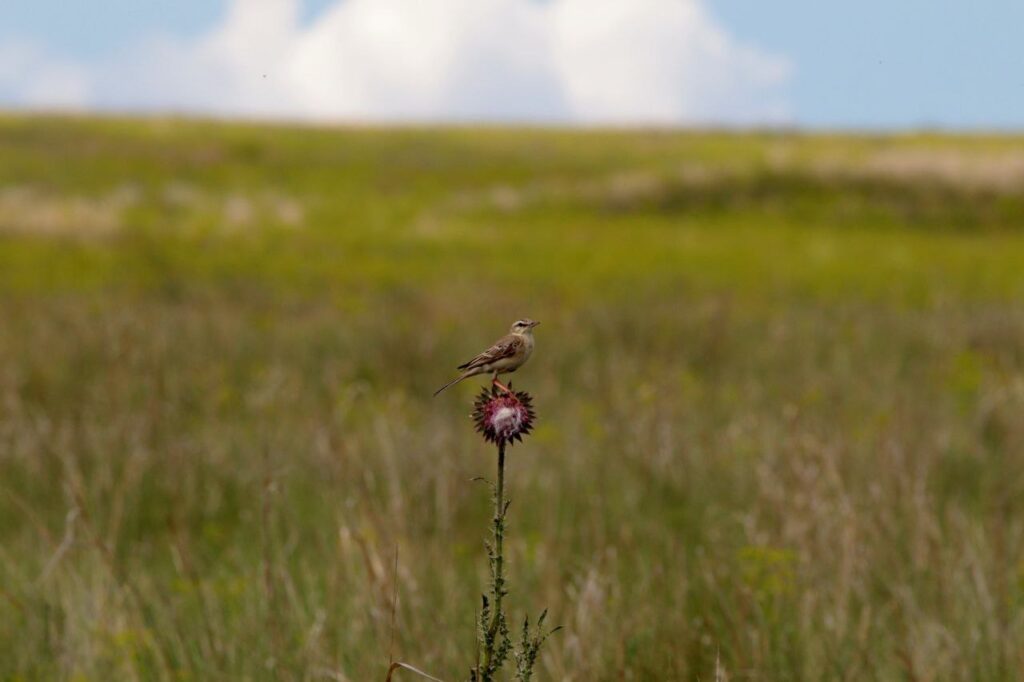
This monitoring highlights the Tarutino Steppe as a crucial center for bird biodiversity in the region. Rare species such as the golden eagle, lesser spotted eagle, short-eared owl, black stork, long-legged buzzard, and ruddy shelduck can be found here.
The results of Rewilding Ukraine’s research are published in scientific journals, contributing valuable insights to the study of steppe bird populations in southern Ukraine.
Oleksandr Haydash, Oleksandr Bronskov and Maksym Yakovlev participated in the research. Their photos are used in the material.

